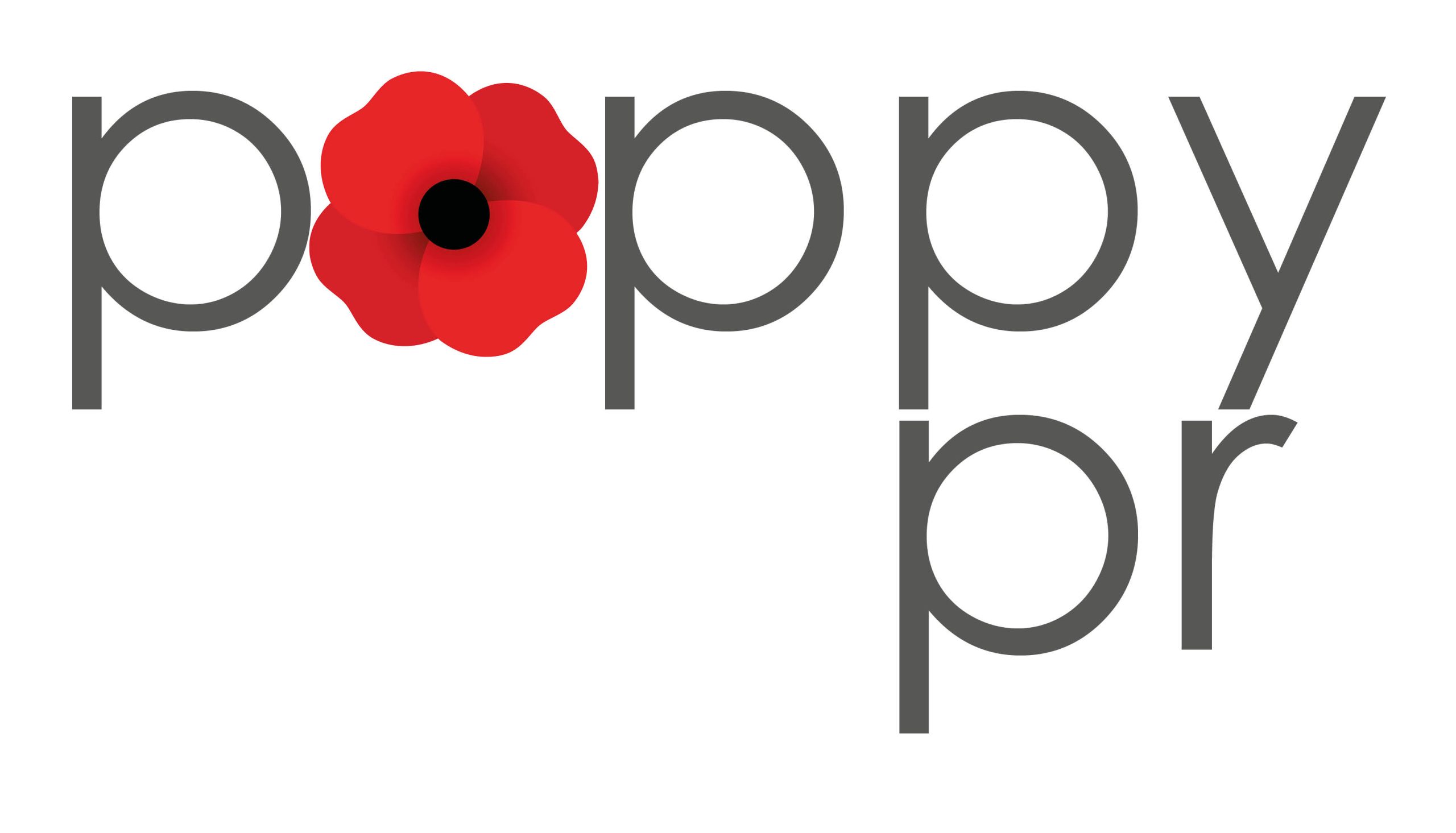Poppy-PR has been flexing it’s crisis communications muscles of late, and adding a new string to its proverbial bow of services.
Now a little unknown fact- All of our team have been trained with the National Council for the Training of Journalists (NCTJ) and as part of that training, we all hold media law qualifications- an essential piece of kit for crisis communications.
Crisis communications is the process of minimising the negative PR generated from an accident or court case at work. Our team were recently contacted by a business which was at the end of an impending court case. The business had previously used PR support during the trial, which had failed them on numerous levels.
Poppy-PR came to the rescue, and despite many local agencies refusing to work with them (mainly because of the tight legal reporting restrictions and legal knowledge required) we happily offered to help them during this difficult time.
Our team attending the sentencing hearing, drafted a press release to give their side of the story, drafted a media statement, spoke to the media at court, and are now helping to rebuild the businesses reputation moving forwards.
Crisis communications can mean the difference between a businesses reputation being shattered beyond repair, or the business dusting itself off and continuing as normal.
Here are Poppy-PR’s top tips to surviving a crisis!
- Create a tailored press statement to be delivered as soon as the crisis hits. Allocate a specific person who will deliver this to the media, and ensure that all staff are briefed on what is happening to avoid people talking out of turn to the press.
· Create a press release to put your side of things across to the media. They should give you a right to reply in any story referencing you or your business. Ensure that you use this right to reply. Responding with ‘no comment’ or refusing to deliver a statement only makes you look guilty or at fault.
· If your business is appearing at court, make sure that you have a PR representative on hand on the day of the trial or sentencing. Your PR person should be talking to journalists on the day and ensuring that your side of the story is conveyed to them.
· Check the papers following the crisis to ensure that you have been given your right to reply, and to ask for this if it has been omitted.
· Consider adding your approved statement to the company website temporarily.
· Speak to a PR professional about rebuilding your reputation with positive press releases once the crisis has blown over. By using online PR, you can even work towards pushing the negative press further down in the Google rankings in order to minimise the damage caused.
Are you seeking support in a crisis? Or looking to push bad press further down in the Google rankings? If so, contact Tina Clough at Poppy-PR on 07581015325, or at poppyprteam@gmail.com

